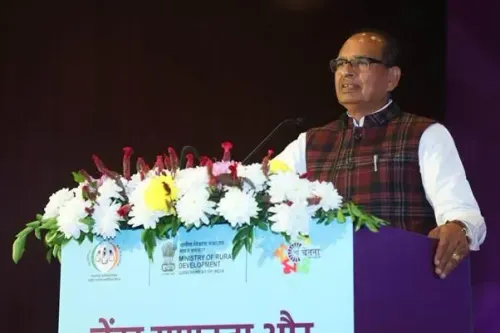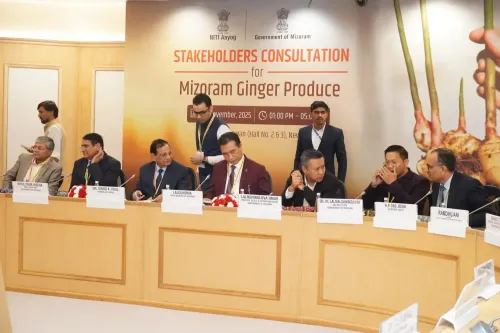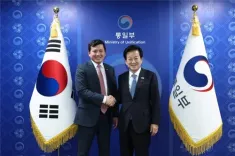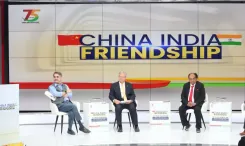Did Customs Agency Discover 19 Firms Evading $30.8 Million in Anti-Dumping Duties?
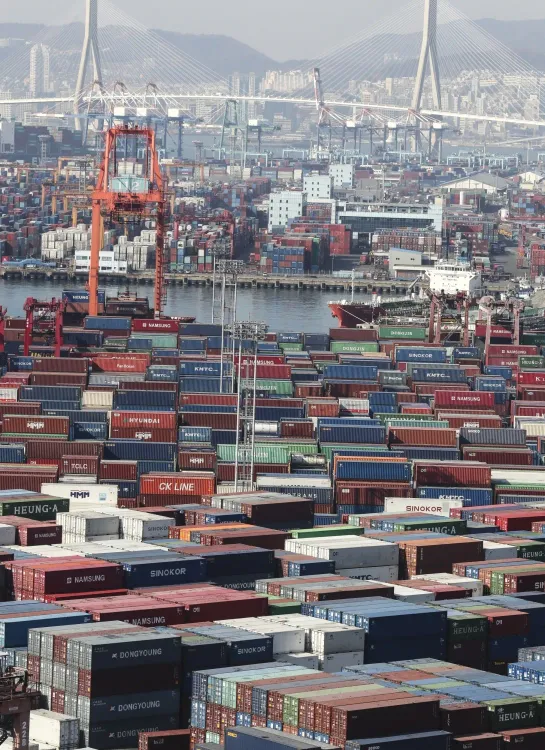
Synopsis
Key Takeaways
- 19 companies were found evading anti-dumping duties.
- The total evaded amount is 42.8 billion won ($30.8 million).
- Misclassification of goods was a primary method of evasion.
- The Korea Trade Commission is involved in ongoing investigations.
- Implications for the domestic steel industry are significant.
Seoul, Aug 11 (Yonhap) - Customs officials in South Korea announced on Monday that they have identified 19 companies suspected of dodging anti-dumping duties amounting to a total of 42.8 billion won ($30.8 million) while importing low-cost hot-rolled steel plates.
The companies are alleged to have bypassed duty payments by misclassifying their products under codes exempt from anti-dumping duties, as reported by the Korea Customs Service.
Additionally, some of these firms reportedly used the identities of suppliers entitled to lower tariff rates without proper authorization. The customs agency has indicated plans to retrieve the evaded taxes and may initiate criminal investigations in cases of severe infractions, according to Yonhap news agency.
Anti-dumping duties are enacted when imported goods are priced below fair market value, which can negatively impact domestic industries. These tariffs are designed to close the price gap and shield local businesses from unfair competition.
Recently, South Korea's trade regulatory body made a preliminary ruling to impose anti-dumping tariffs on hot-rolled steel plates imported from Japan and China after its initial investigation indicated potential harm to the domestic sector.
As part of this ruling, the Korea Trade Commission (KTC) will request the Ministry of Economy and Finance to implement anti-dumping tariffs ranging from 28.16 to 33.57 percent on hot-rolled thick plates imported from these two nations, as per officials.
To mitigate further damage during the forthcoming formal investigation period, the KTC also recommended imposing anti-dumping tariffs of 43.35 percent on optical fiber products from both countries.
The KTC has initiated its investigation into alleged dumping practices by six Japanese firms, including JFE Shoji Corp., and five Chinese companies, such as Benxi Iron and Steel Group, following a complaint from Hyundai Steel Co., a prominent South Korean steel manufacturer.
In a separate probe, the commission is investigating claims that three Chinese companies sold single-mode optical fiber products below fair market value. This investigation was prompted by a complaint from LS Cable & System Ltd., the largest cable manufacturer in South Korea.


